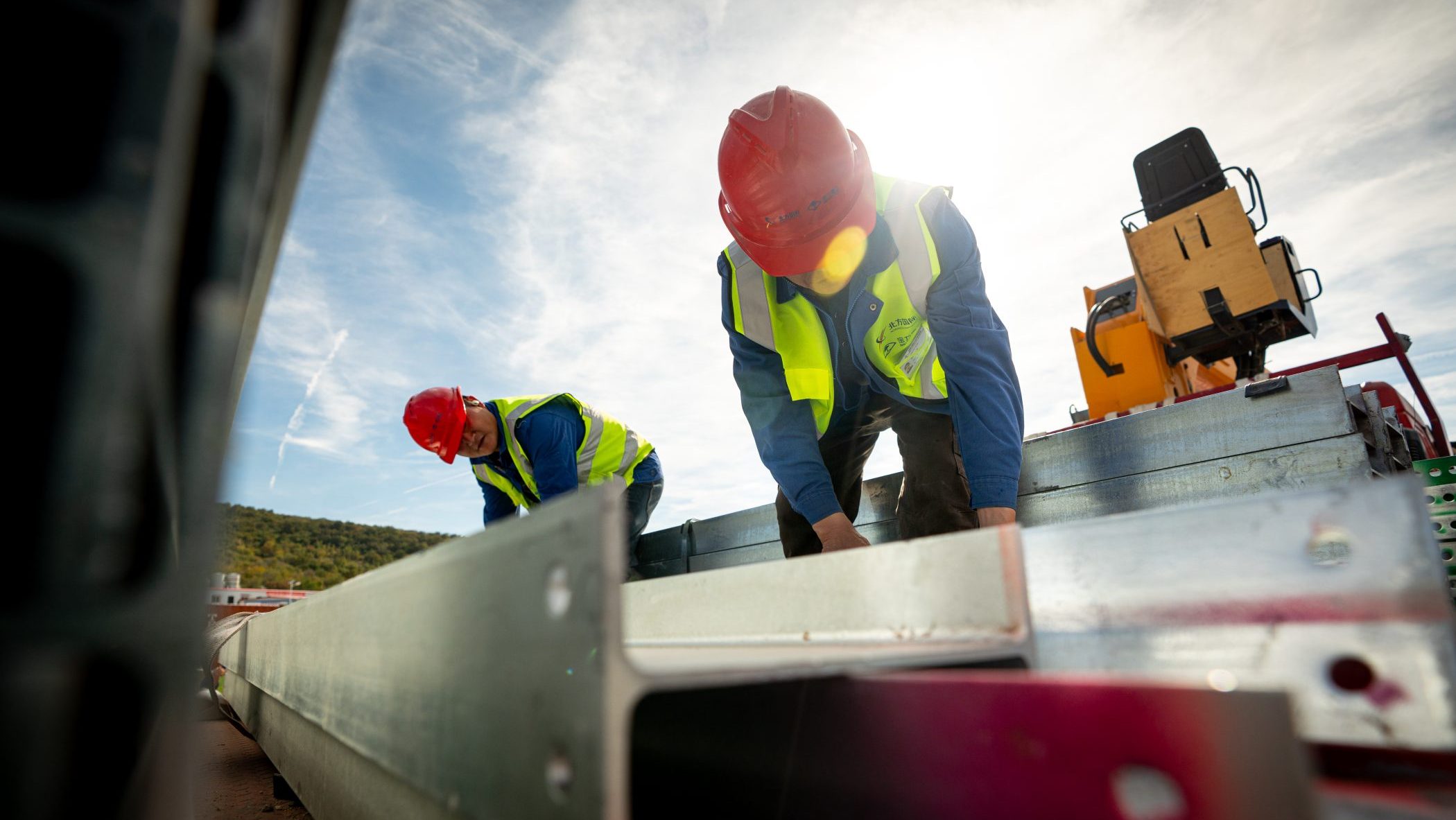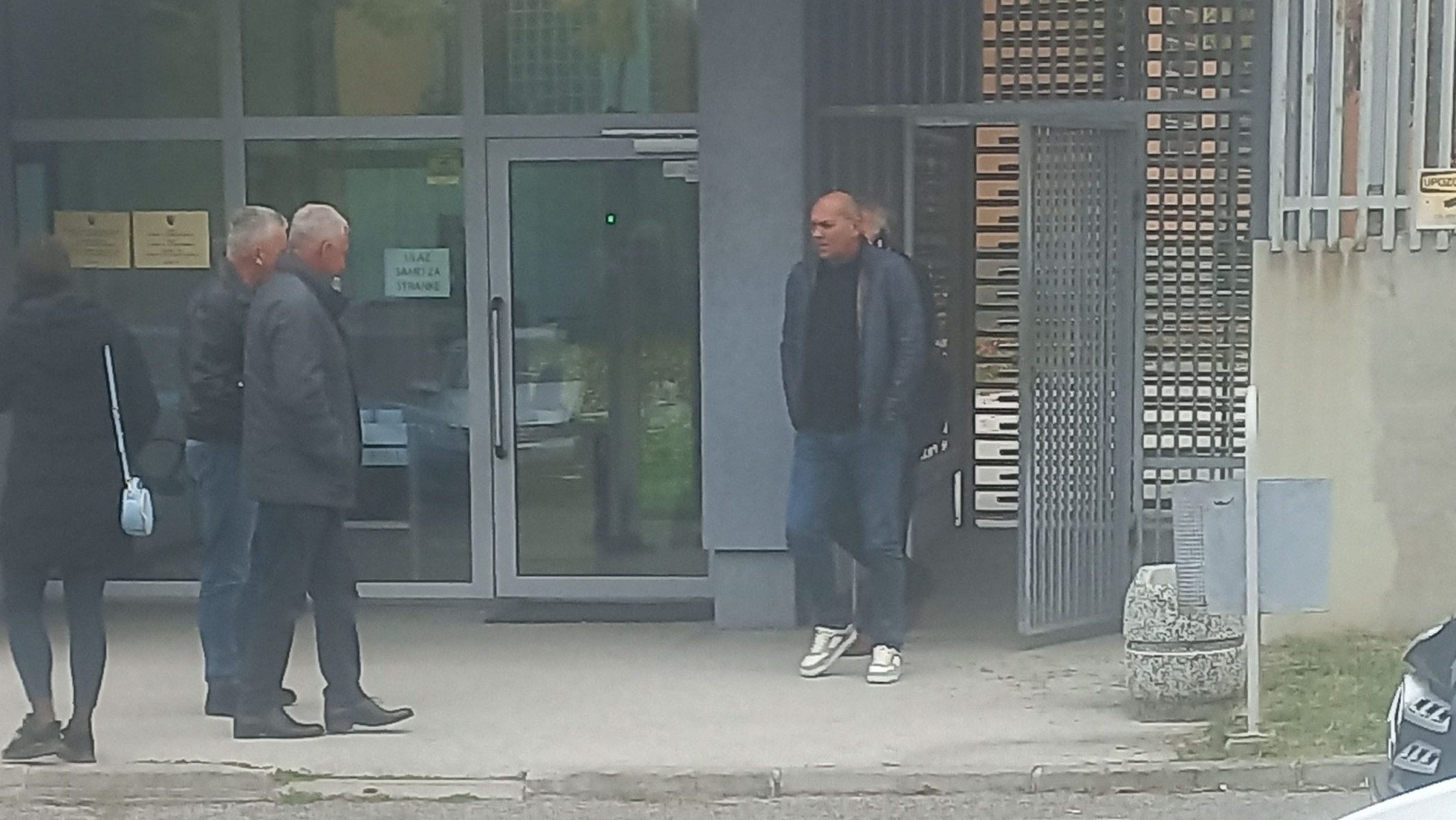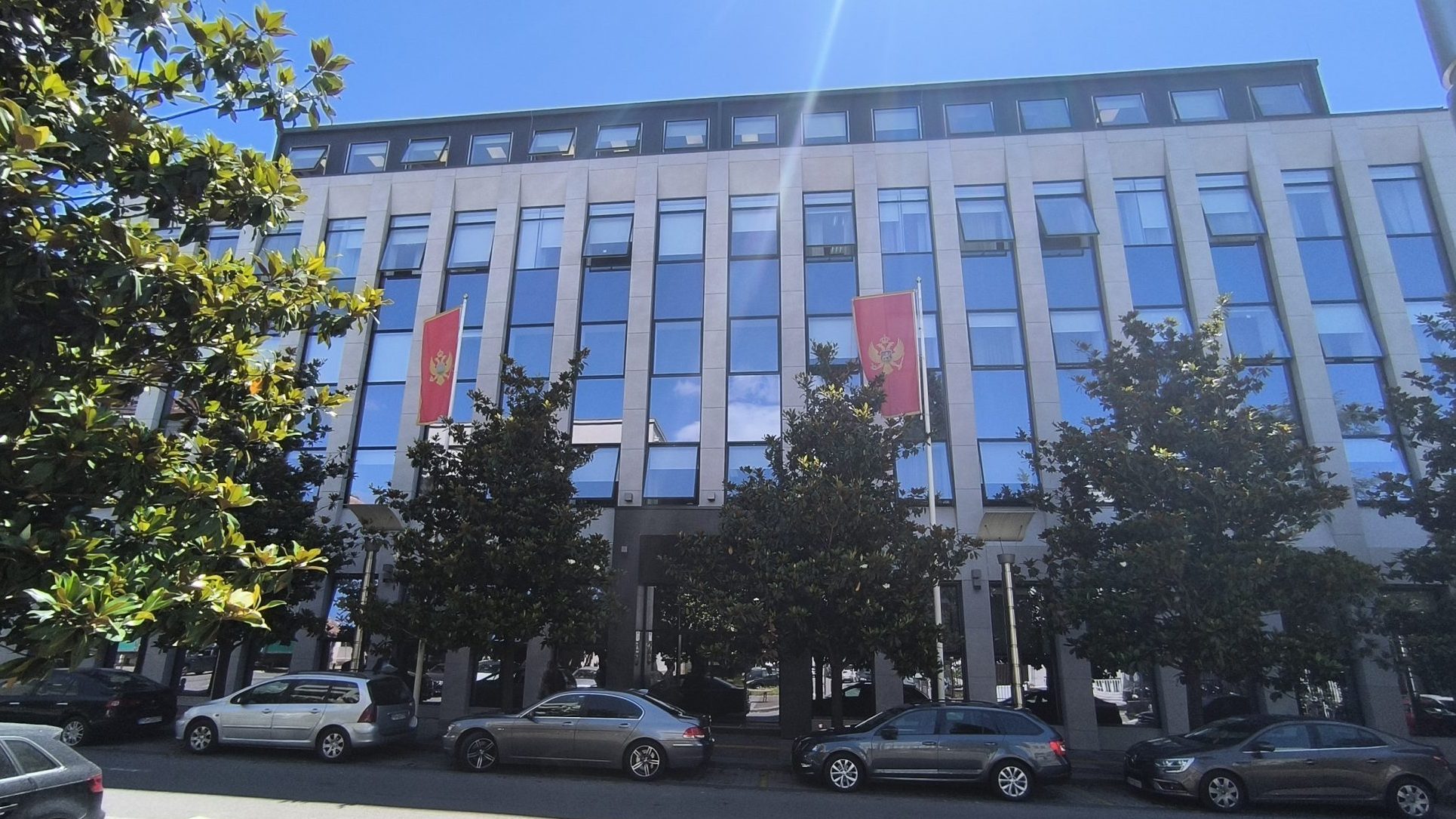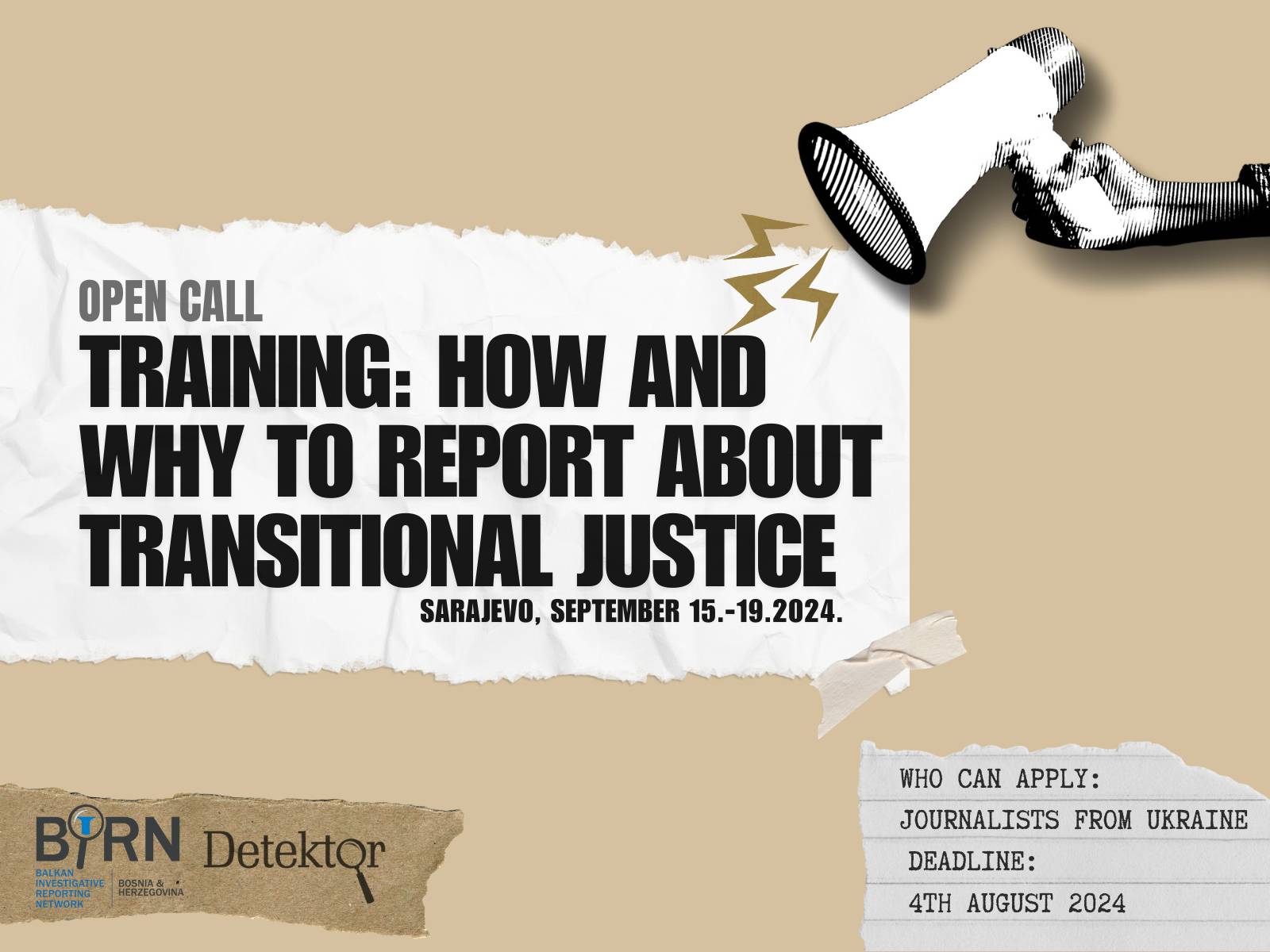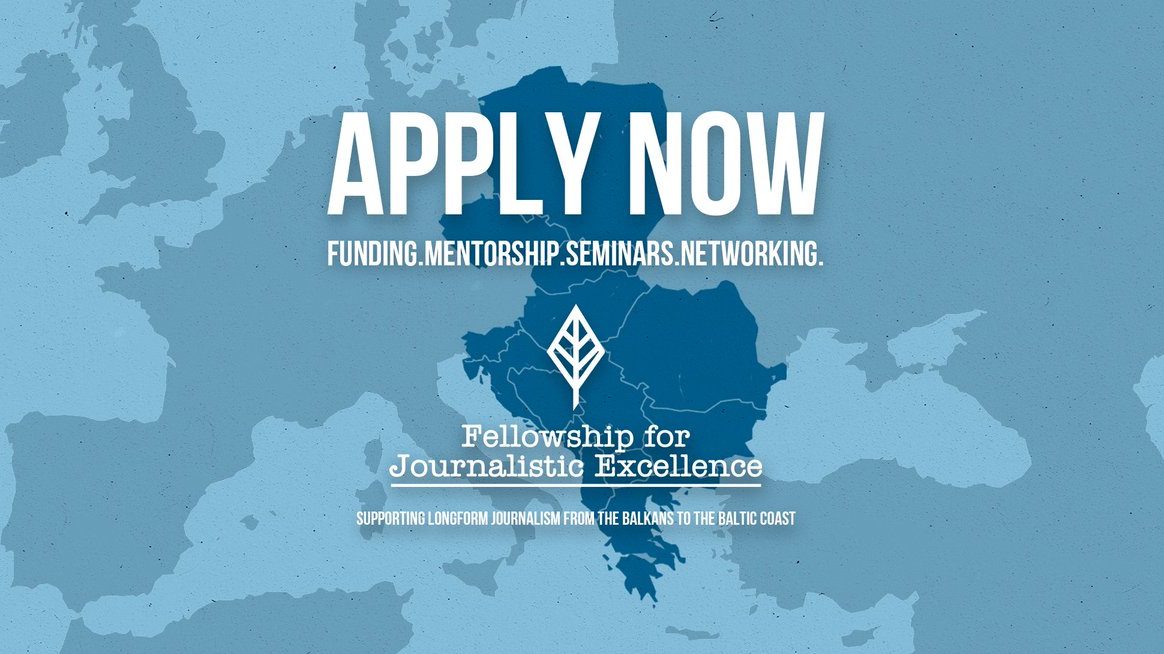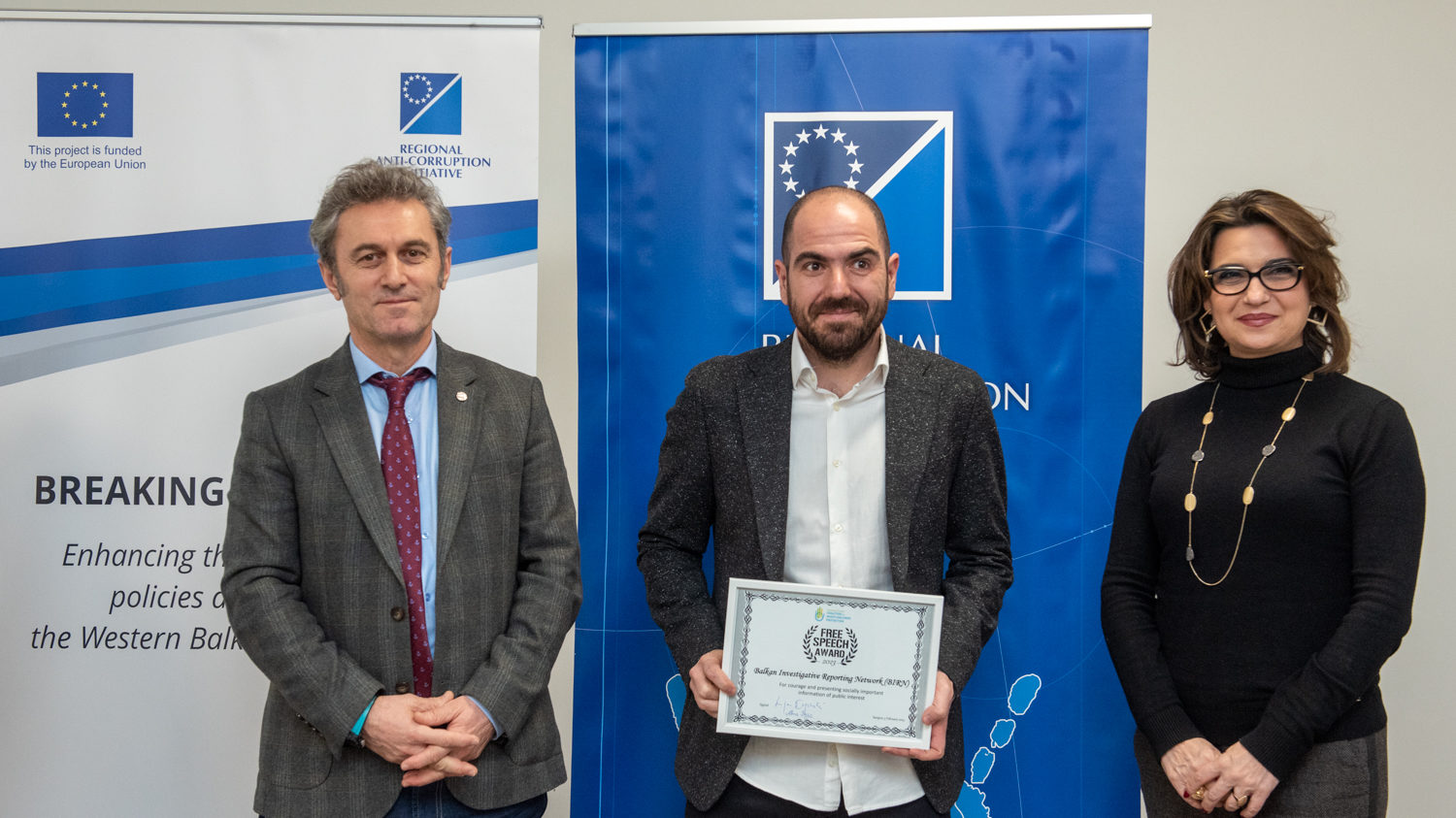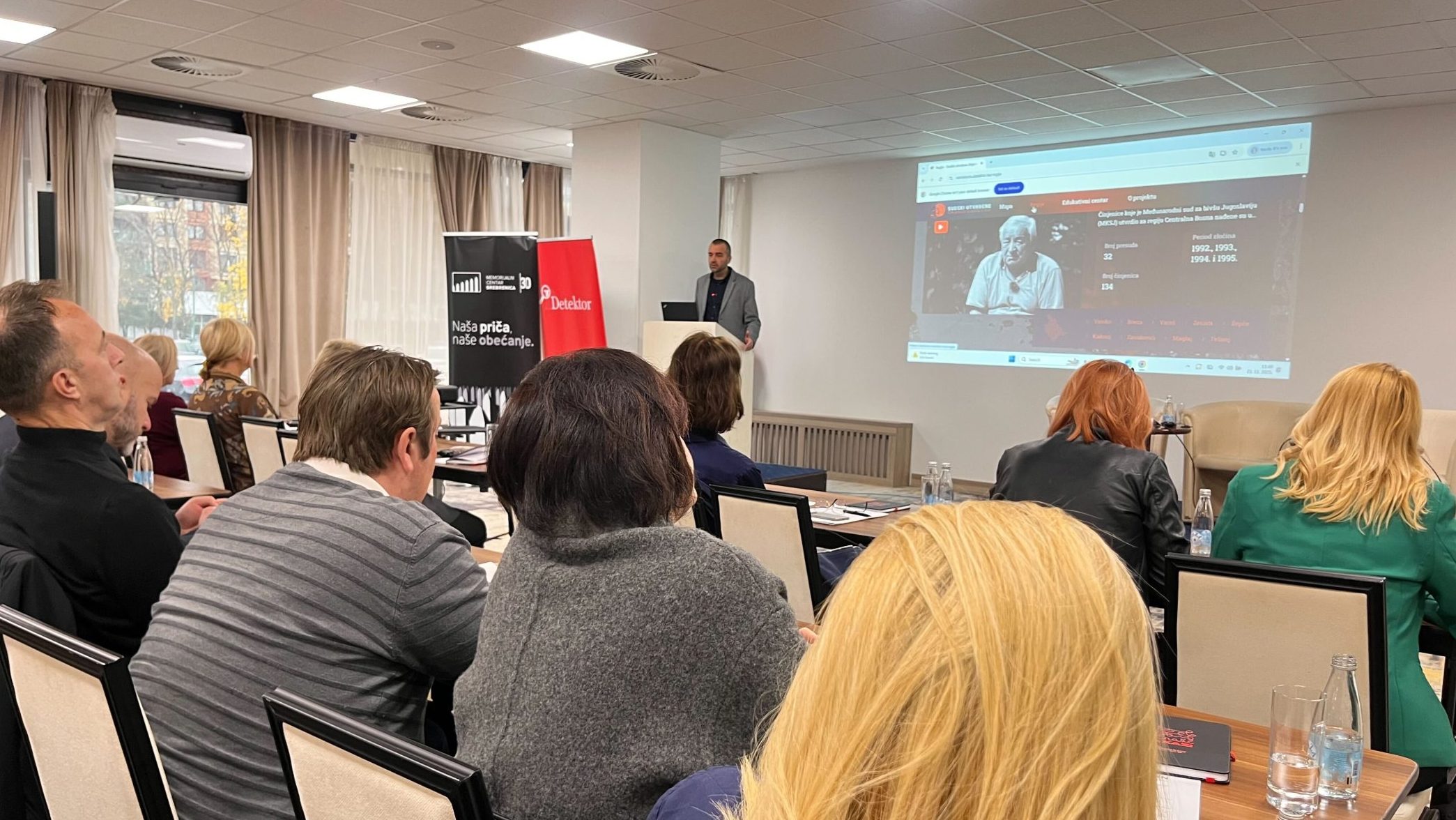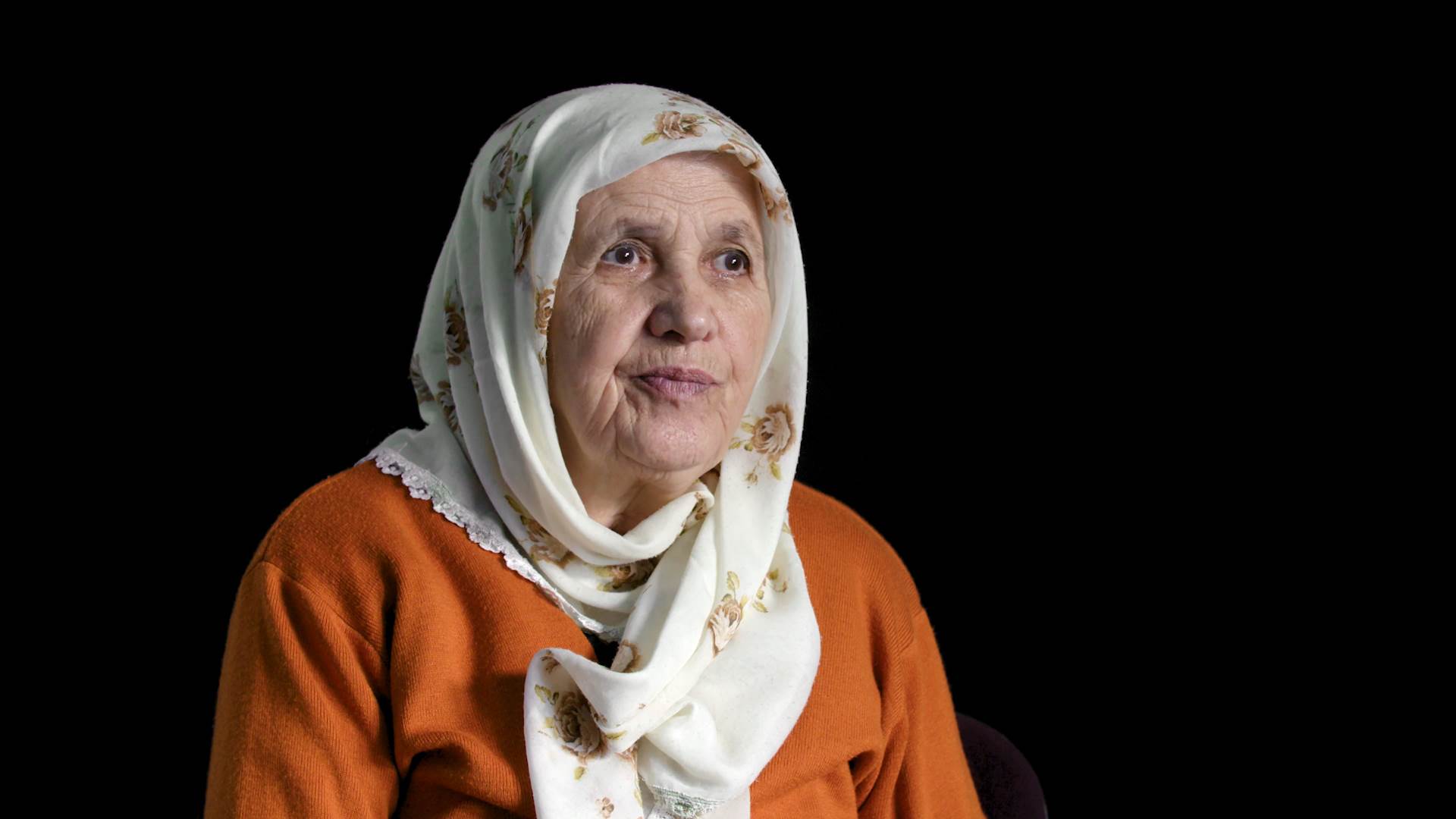Justice TV
Region
Press
News
A court in Chinsinau convicted three Moldovan citizens of participating ...
To help school teachers learn more about how to teach students about the...
Journalists Azra Husaric Omerovic and Lejla Memcic Heric are this year’s...
A story about obtaining the right to justice for victims of war crimes i...
The Balkan Investigative Reporting Network of Bosnia and Herzegovina, BI...
The Balkan Investigative Reporting Network of Bosnia and Herzegovina, BI...
Documentaries
Silent Scream
“Silent Scream” is a documentary that depicts the trauma that sexual abuse victims still feel twenty years after the end of the Bosnian war. Featuring the testimonies of women and men who survived sexual abuse during the war in Bosnia and Herzegovina as well as neighbouring countries, the documentary aims...
Missing You…
Apart from the search for the missing, the film describes how identification through DNA analysis is conducted and lists the governmental and non-governmental organizations involved in seeking missing persons. The fate of those who went missing during war and peace is the same. The documentary shows how to alleviate the...



